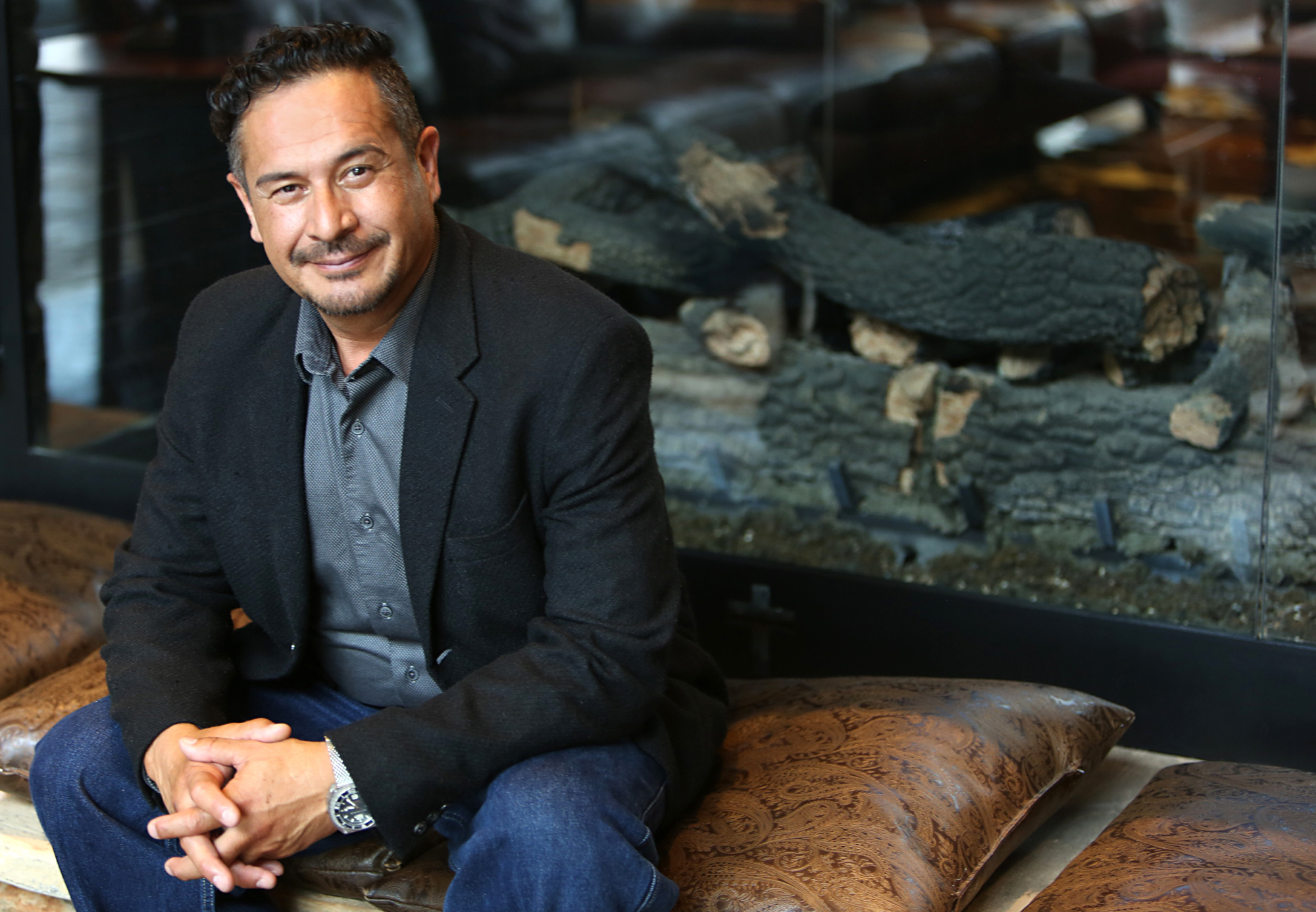
FAIRFIELD, Calif. (BP) — The U.S. Air Force is investigating an episode at California’s Travis Air Force Base in which a 33-year veteran was forcibly removed from a colleague’s private retirement ceremony allegedly because the speech he was delivering was to include a reference to God.
The episode led Michael Berry of the Texas-based First Liberty Institute to send the Air Force a June 20 letter on behalf of retired Senior Master Sgt. Oscar Rodriguez, the speaker who was forcibly removed. The letter demanded a written admission of wrongdoing, a written apology and “punitive action against those determined to be responsible for violating Mr. Rodriguez’s constitutional rights.” The letter asked the Air Force to respond by June 27.
On June 22, the secretary of the Air Force directed the Air Force inspector general to conduct an “independent investigation,” according to a statement the Air Force released to Baptist Press.
Douglas Carver, retired Army chief of chaplains, told BP, “Currently, there is a fair amount of complexity, confusion and misunderstanding regarding why [the] retirement ceremony was stopped during the flag-folding ceremonial speech that referenced God. My sources assure me that this was not solely a religious liberty issue but did violate, at a minimum, free speech protected under the First Amendment.”
On April 3, Rodriguez attended the retirement ceremony of Master Sgt. Charles Roberson, at Roberson’s invitation, to deliver a speech during a flag-folding ceremony, according to Berry’s letter. When the flag-folding ceremony began, Rodriguez stood and was warned by a uniformed airman not to perform the speech, the prepared text of which was 340 words and referenced God six times. When Rodriguez began the speech anyway, four uniformed airmen forcibly removed him from the hall.
The episode was captured on video and posted on YouTube. Rodriguez had not yet referenced God when he was removed.
First Liberty, formerly Liberty Institute, stated on its website Rodriguez had performed the speech “for years” at retirement ceremonies as well as civic and patriotic events, receiving commendations from former Sen. Mary Landrieu (D-La.) and Congressman John Garamendi (D-Calif.) among others.
Prior to Roberson’s retirement ceremony, Lt. Col. Michael Sovitsky, commanding officer of the squadron from which Roberson was retiring, indicated he “did not want Mr. Rodriguez to participate as a speaker because, historically, Mr. Rodriguez’s flag-folding speeches make reference to ‘God,'” wrote Berry, First Liberty’s senior counsel and director of military affairs. Sovitsky allegedly attempted to prevent Rodriguez from attending but learned he lacked the authority to do so.
In an attempt to “resolve any issues,” Roberson and Rodriguez offered to place signs on the auditorium doors warning that “the word ‘God’ would be used during the retirement ceremony,” Berry stated.
Whether the four airmen who removed Rodriguez acted at Sovitsky’s command or on their own, the Air Force “intentionally violated the constitutional rights of a private American citizen. Such acts fly in the face of the Air Force’s core values,” Berry wrote.
The Air Force’s June 22 statement noted, “Air Force personnel may use a flag folding ceremony script that has religious references at their retirement ceremonies. Since retirement ceremonies are personal in nature, the script preference for a flag folding ceremony is at the discretion of the individual being honored and represents the member’s views, not those of the Air Force. The Air Force greatly values the rights of its personnel in matters of religion and facilitates the free exercise of religion by its members as well as the right to observe no religion at all.”
Carver, the North American Mission Board’s executive director of chaplaincy, urged observers of the case “to withhold judgment until we know all the facts.”
“Many questions remain,” Carver said in written comments. “Did the unit commander direct the removal the guest speaker? Was this a violation of the religious liberty of those gathered for the retirement? Is this another case of the government’s growing trend to sanitize religious language from public events?
“The most disappointing part of this story is,” Carver continued, “why would a distinguished senior airman, who began his Air Force career by swearing ‘so help me God’ in his initial Oath of Enlistment, be prevented from concluding his honorable service to the nation by giving thanks to Almighty God?”
Michael Whitehead, general counsel for the Missouri Baptist Convention and a former captain in the U.S. Army Judge Advocate General Corps, told BP in written comments, “A commander has a right to prevent disruption and breach of discipline on a military base. But a guest who invokes deity does not constitute a disruption. What was disruptive was the sight and sound of MPs dragging the poor guest out the door before he could say the dreaded ‘G’ word.”
Whitehead, a former staff member at two Southern Baptist Convention entities, added, “It violates common sense and the Constitution to argue that these soldiers have forfeited their personal freedoms while they fight for freedom for the rest of us. The Uniform Code of Military Justice and rules of military discipline may be more restrictive than civilian laws. But the government cannot deny basic religious freedom and freedom of speech to soldiers, absent a compelling government interest. This was not a combat zone. It was a retirement party.”
















